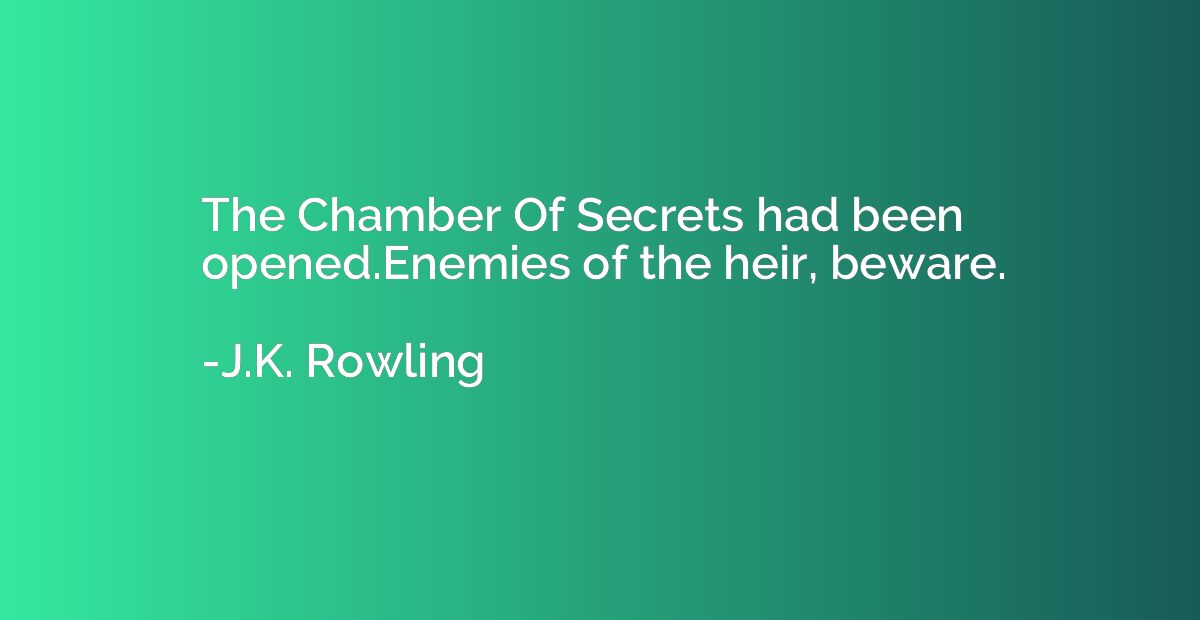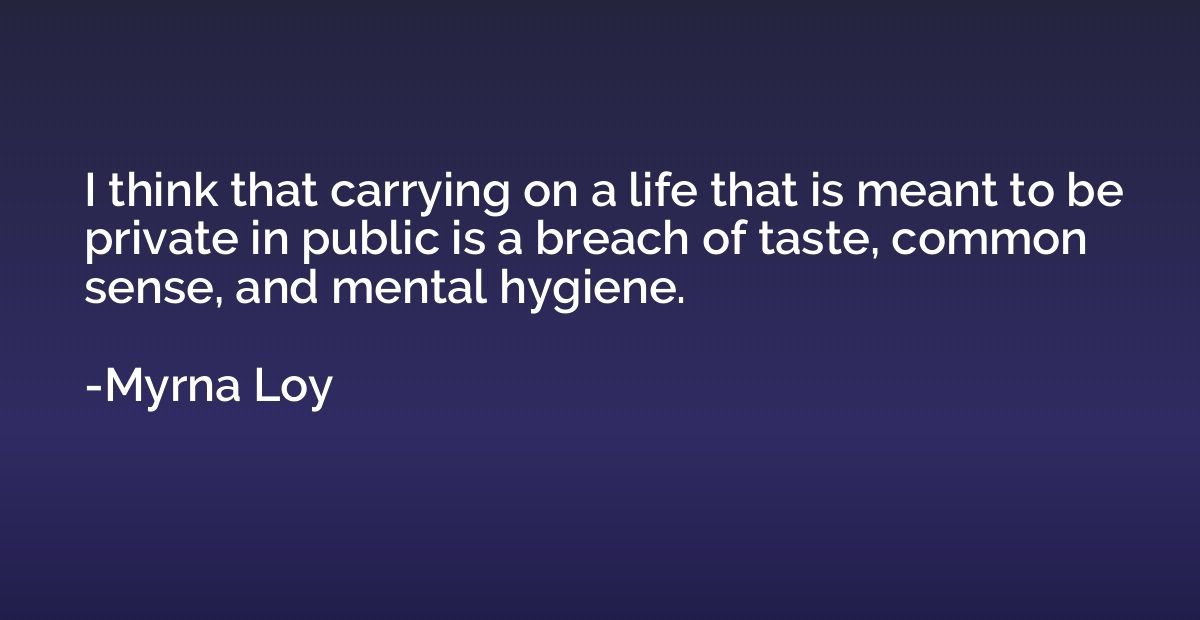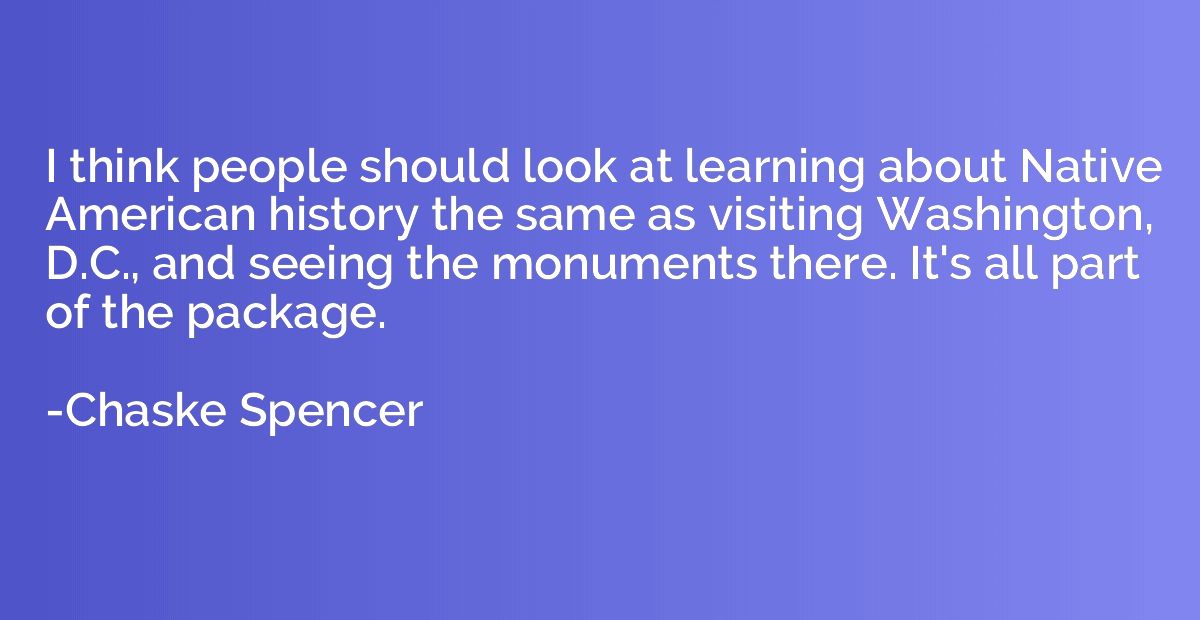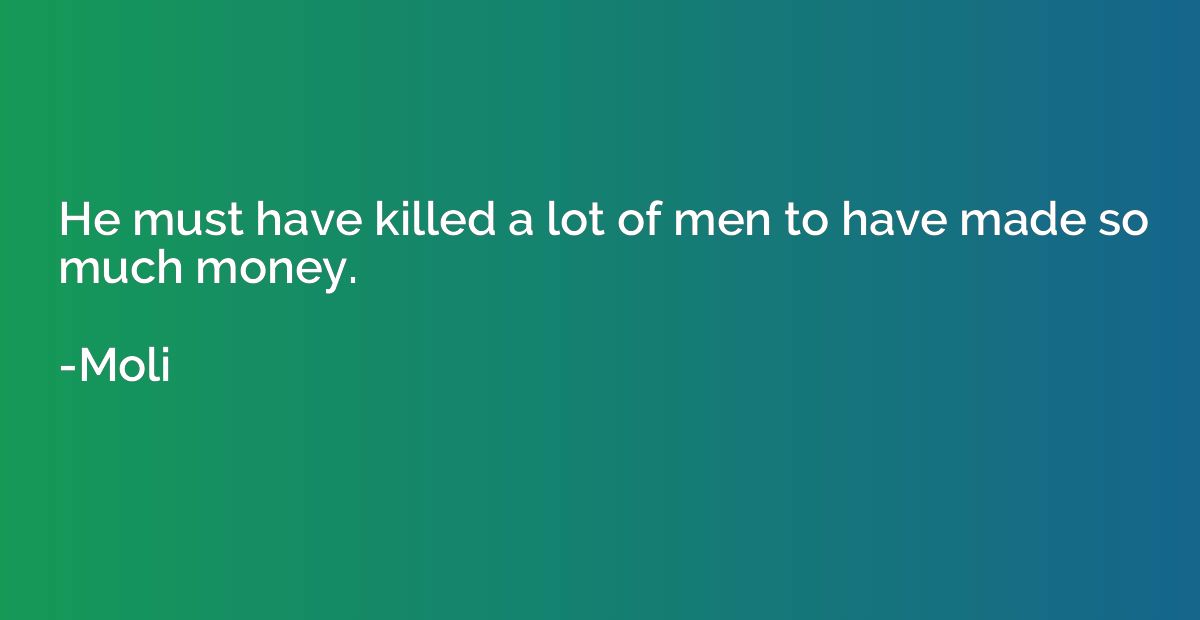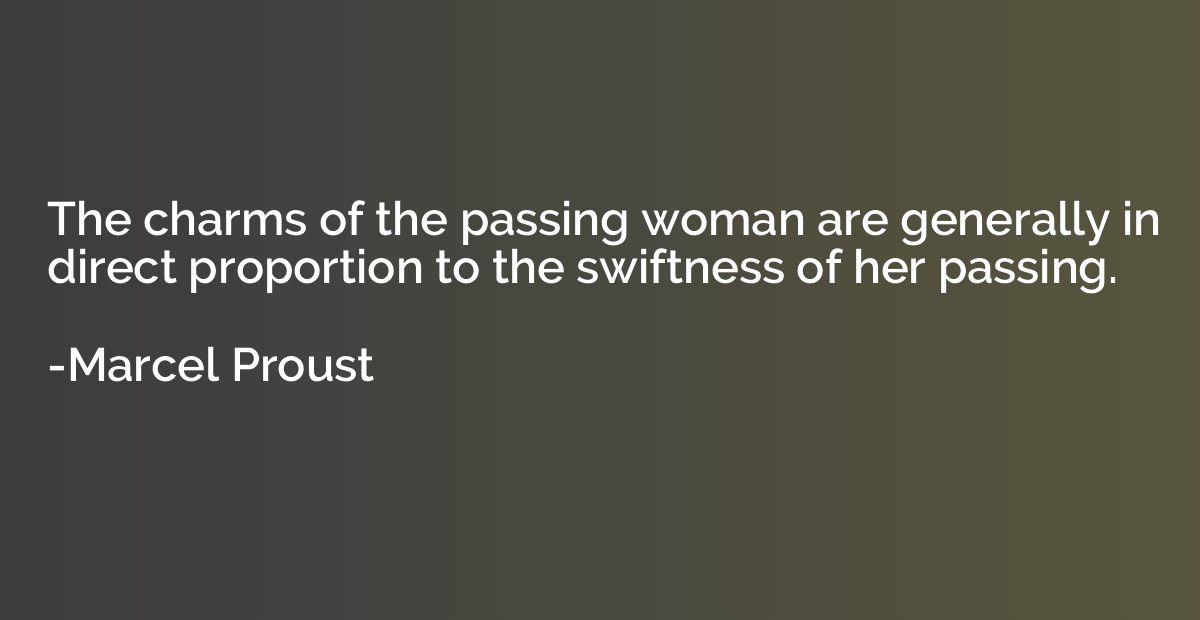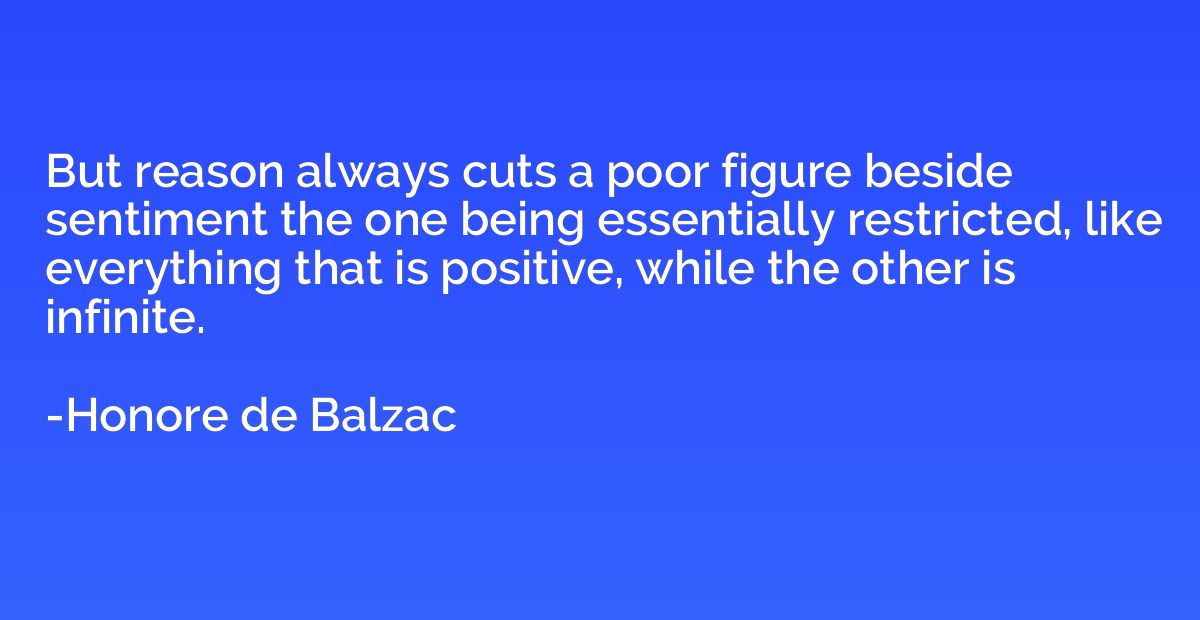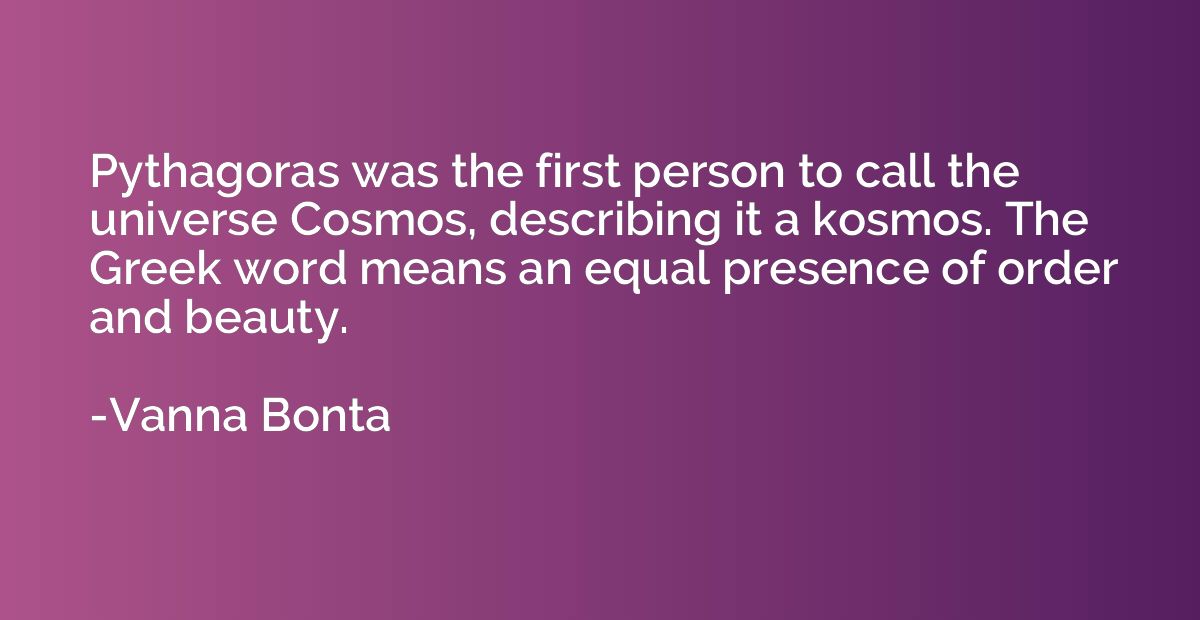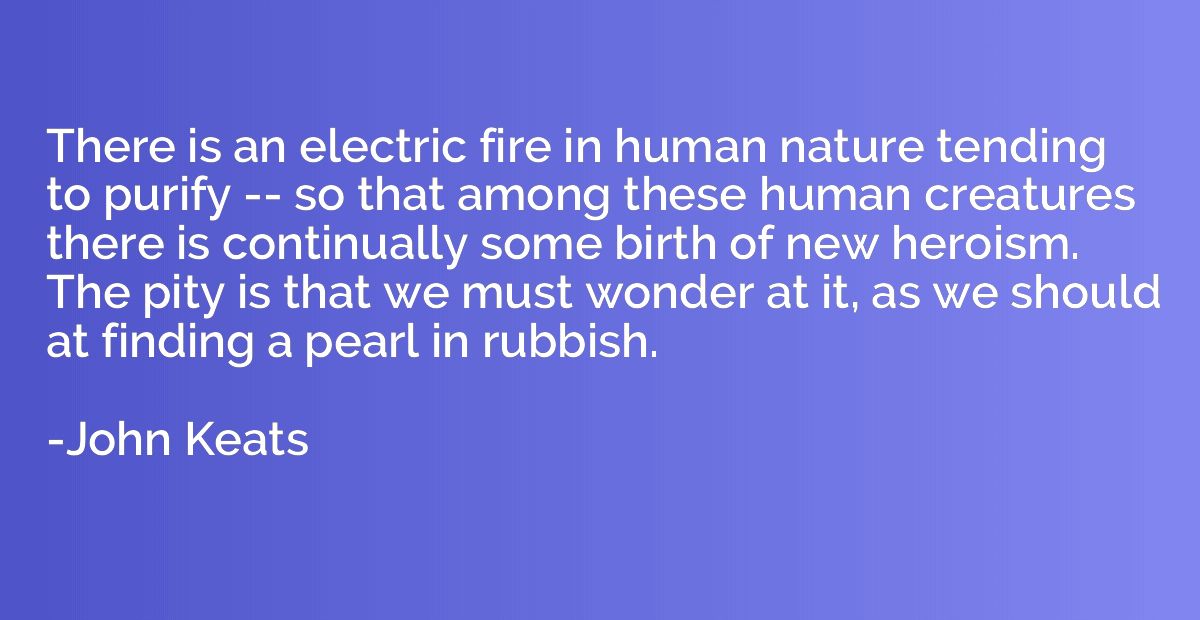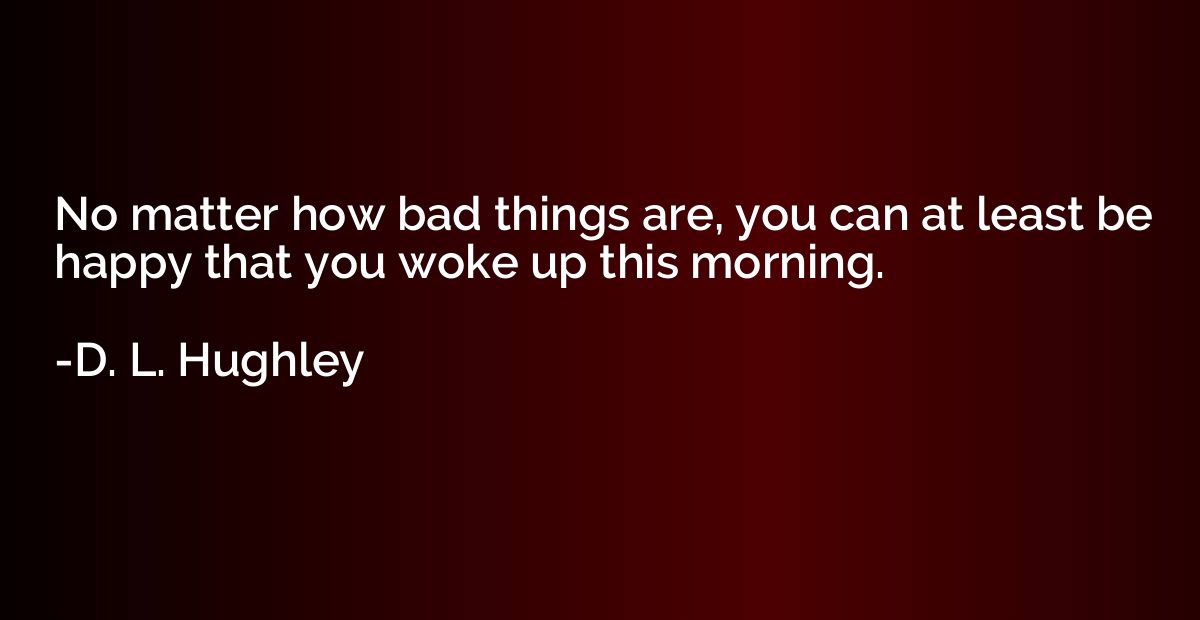Quote by Evelyn Waugh
Don't give your opinions about Art and the Purpose of Life. They are of little interest and, anyway, you can't express them. Don't analyze yourself. Give the relevant facts and let your readers make their own judgments. Stick to your story. It is not the most important subject in history but it is one about which you are uniquely qualified to speak.
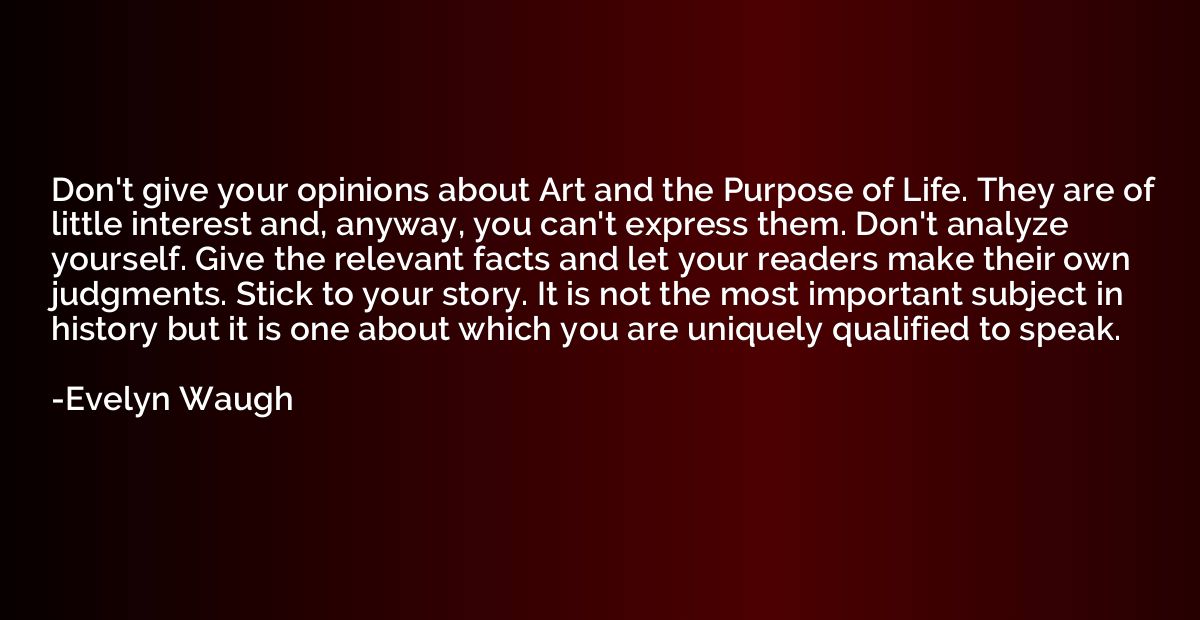
Summary
This quote advises against imparting one's personal interpretations of art and the purpose of life, as they hold limited appeal and are inexpressible. It also discourages self-analysis and emphasizes the importance of presenting relevant facts, allowing readers to form their own judgments. The focus should remain on telling a story, as it may not be the most significant topic in history, but the author possesses unique expertise on the subject. In essence, this quote stresses the importance of objectivity, humility, and staying true to one's area of expertise.
Topics
Legacy
By Evelyn Waugh





